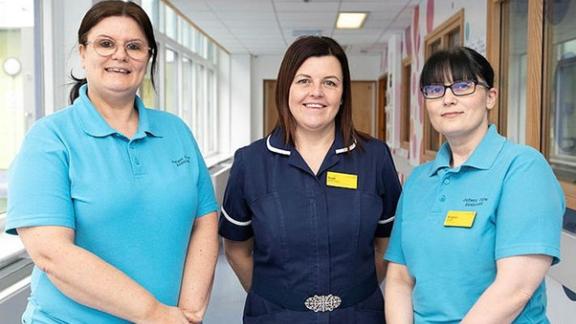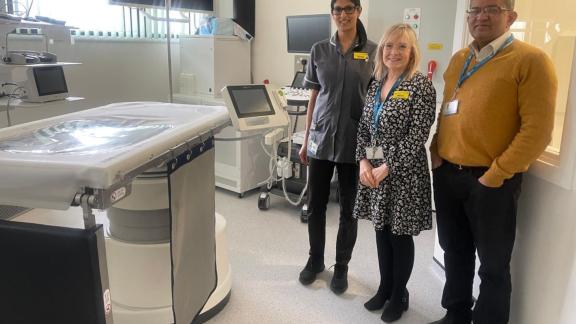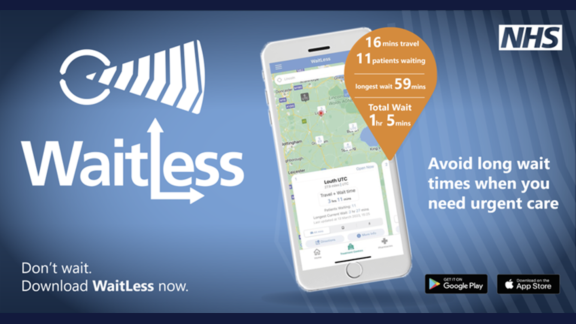Improving patient flow for children: Reducing waiting times in Children’s Emergency Department

Overview
At The Royal Wolverhampton NHS Trust, two dedicated children’s patient flow co-ordinators were introduced to help improve the flow of children from the emergency department to the paediatric unit, ensuring younger patients are transferred as quickly as possible.
What the organisation faced
The Royal Wolverhampton NHS Trust is one of the largest acute and community providers in the West Midlands, with 56 rehabilitation beds at West Park Hospital and 54 beds at Cannock Chase Hospital. Managing patient flow is a complex matter that requires constant communication, updates and co-ordination between a number of departments. Children and young people are more frequent users of emergency departments than adults and the number of emergency admissions for infants has risen alongside rises for short-stay admissions for children and young people.
Improvement
Led by Trudi Dowen-Jones, senior sister in the trust’s paediatric assessment unit (PAU), bespoke patient flow roles were created that were tailor-made for paediatrics to address challenges around the flow of patients from ED through to PAU and the ward. The roles enabled consistent and timely communication between departments and aided quicker transfer of patients from the emergency department. Dedicated follow coordinators allowed relationships to build and create a better understanding of pathways.
Outcome
There is now have a very clear transfer pathway from ED to the children’s unit that both departments are happy with and the patient flow role has already started to expand. Feedback from ED has been positive as it has greatly improved communication and the timely movement of patients. Patients are continuously moving between departments and they have a very clear overview of what’s happening and where. The co-ordinators have a good grasp of who needs to be moved into which areas
Lessons learned
-
Utilising experienced staff to develop and deliver more value adding roles supports retention and progression
-
Creating and trialling new roles can help bridge gaps in services and create opportunities to improve relationships
“The patient flow co-ordinators have been invaluable. They are worth their weight in gold. They’re visible in our department every day and are key in providing up-to-date information about the activity in each area.” Sarah Blackburn, Senior Sister, Paediatric Emergency Department.
Further information
For more detail about this case study, contact Tim Nash or email.
You can read the full article on the Royal Wolverhampton NHS Trust website.



